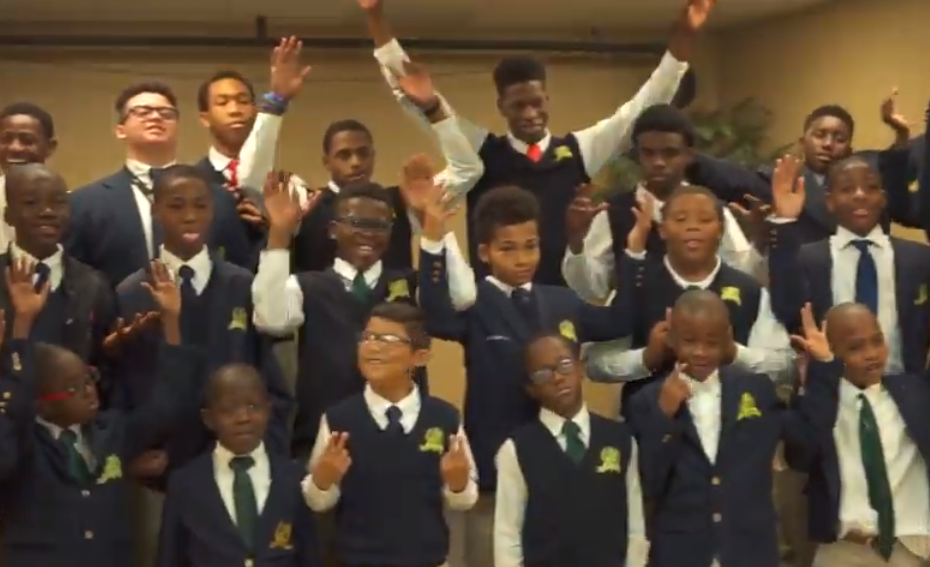
A network of non-traditional schools that has attracted nationwide attention from families seeking safe learning options during the pandemic could be part of Florida’s future.
Arizona-based Prenda, which launched in 2018 and now boasts more than 200 partnerships with private schools, public school districts and individual public charter schools, features online learning programs adaptable to individual students that are aligned with state learning standards. The Prenda learning model has been described as a cross between a school and a scout meeting, with students gathering in homes, community centers, libraries and other public spaces to work on individual lessons and group projects.
Prenda leaders recently held a call with a couple of Florida private school principals to gauge interest in starting partnerships here. No decisions were made, but school director Frances Bolden from Piney Grove Academy in Fort Lauderdale said she was impressed with Prenda’s model.
“When I hear about something new or innovative, I want to learn more about it,” Bolden said.
Faith-based Piney Grove serves boys in kindergarten through high school. Bolden, who started a one-room schoolhouse for a small group of U.S. military children in Bangkok while her husband served in the Air Force, acknowledged that finding a Prenda micro-school host location would be challenging in South Florida, one of the hardest hit places in the nation for COVID-19 cases, where most schools are re-opening online.
A bigger challenge is equity. In Arizona, education scholarship accounts give parents the flexibility to choose Prenda or other private options without having to pay tuition. Prenda founder Kelly Smith said the company is working on a low cost, private pay model for families in states that don’t provide school choice funding as more parents are seeking alternatives to district schools amid the pandemic.
Florida’s model for education choice has been to grant private school scholarships to lower-income families, with education scholarship accounts limited to students with certain special needs. Education choice advocates say that allowing all families to have flexible spending would allow innovation to not only flourish but also create more equity in education.
Jason Bedrick, director of policy at EdChoice, a national nonprofit that advocates for more private options in education, said the average per-pupil spending on education nationwide is $15,000. “If a portion of those funds … were to follow the child into the learning environment of their choice, that would allay a lot of equity concerns and provide more opportunities to lower income students,” Bedrick said.
Despite the challenges, it’s clear that school leaders nationwide are tempted by the model’s practice of pairing groups of eight or 10 students with an adult “guide,” a teacher, parent or another individual who has experience working with young people and has passed a background check. The guide leads students through projects such as building robots, staging theatrical productions, and hosting and judging their own debates. Students also create reports, artwork, videos, computer programs and dance routines. Lessons are self-paced, with students setting their own goals.
The Prenda micro-school model now spans 29 states, with a huge upsurge of interest since COVID-19 struck, as evidenced by website traffic: a whopping 737% increase in June compared to June 2019.
To listen to Step Up For Students’ president Doug Tuthill’s podcast with Prenda CEO Kelly Smith, click here.


